Those who have not yet heard a proper introduction to the revelations on the “Gift of Living in the Divine Will,” which Jesus entrusted to Luisa are sometimes perplexed by the zeal harbored by those who have had this introduction: “Why so much emphasis on the message of this lowly lay woman from Italy who died over 70 years ago?”
You can find such an introduction in the books, The Crown of History, The Crown of Sanctity, The Sun of My Will (published by the Vatican itself), A Guide to the Book of Heaven (which bears an imprimatur), the works of Fr. Joseph Iannuzzi, and other sources. This is from On Luisa and her Writings:
Luisa was born on April 23rd, 1865 (a Sunday which St. John Paul II later declared as the Feast Day of Divine Mercy Sunday, according to the Lord’s request in the writings of St. Faustina). She was one of five daughters who lived in the small city of Corato, Italy.
From her earliest years, Luisa was afflicted by the devil who appeared to her in frightful dreams. As a result, she spent long hours praying the Rosary and invoking the protection  of the saints. It wasn’t until she became a “Daughter of Mary” that the nightmares finally ceased at the age of eleven. In the following year, Jesus began to speak interiorly to her especially after receiving Holy Communion. When she was thirteen, He appeared to her in a vision that she witnessed from the balcony of her home. There, in the street below, she saw a crowd and armed soldiers leading three prisoners; she recognized Jesus as one of them. When He arrived beneath her balcony, He raised his head and cried out: “Soul, help Me!” Deeply moved, Luisa offered herself from that day on as a victim soul in expiation for the sins of mankind.
of the saints. It wasn’t until she became a “Daughter of Mary” that the nightmares finally ceased at the age of eleven. In the following year, Jesus began to speak interiorly to her especially after receiving Holy Communion. When she was thirteen, He appeared to her in a vision that she witnessed from the balcony of her home. There, in the street below, she saw a crowd and armed soldiers leading three prisoners; she recognized Jesus as one of them. When He arrived beneath her balcony, He raised his head and cried out: “Soul, help Me!” Deeply moved, Luisa offered herself from that day on as a victim soul in expiation for the sins of mankind.
Around the age of fourteen, Luisa began to experience visions and apparitions of Jesus and Mary along with physical sufferings. On one occasion, Jesus placed the crown of thorns upon her head causing her to lose consciousness and the ability to eat for two or three days. That developed into the mystical phenomenon whereby Luisa began to live on the Eucharist alone as her “daily bread.” Whenever she was forced under obedience by her confessor to eat, she was never able to digest the food, which came out minutes later, intact and fresh, as if it had never been eaten.
On account of her embarrassment before her family, who did not understand the cause of her sufferings, Luisa asked the Lord to conceal these trials from others. Jesus immediately granted her request by allowing her body to assume an immobile, rigid-like state that appeared almost as if she were dead. It was only when a priest made the sign of the Cross over her body that Luisa regained her faculties. This remarkable mystical state persisted until her death in 1947—followed by a funeral that was no little affair. During that period in her life, she suffered no physical illness (until she succumbed to pneumonia at the end) and she never experienced bedsores, despite being confined to her little bed for sixty-four years.
immobile, rigid-like state that appeared almost as if she were dead. It was only when a priest made the sign of the Cross over her body that Luisa regained her faculties. This remarkable mystical state persisted until her death in 1947—followed by a funeral that was no little affair. During that period in her life, she suffered no physical illness (until she succumbed to pneumonia at the end) and she never experienced bedsores, despite being confined to her little bed for sixty-four years.
Just as the astounding revelations on the Divine Mercy entrusted by Jesus to St. Faustina constitute God’s final effort of salvation (before his Second Coming in grace), so too His revelations on the Divine Will entrusted to the Servant of God Luisa Piccarreta constitute God’s final effort of sanctification. Salvation and sanctification: the two ultimate desires God has for His dear children. The former is the foundation for the latter; thus, it is fitting that Faustina’s revelations became widely known first; but, ultimately, God desires not merely that we accept His mercy, but that we accept His very own life as our life and thus become like Himself—as much as is possible for a creature. While Faustina’s revelations, themselves, regularly allude to this new sanctity of living in the Divine Will (as do the revelations of many other fully approved mystics of the 20thcentury), it has been left to Luisa to be the primary herald and “secretary” of this “new and divine holiness” (as Pope St. John Paul II called it).
While Luisa’s revelations are fully orthodox (the Church has repeatedly affirmed this and even largely approved them already), they nevertheless give what is, frankly, the most amazing message one can possibly imagine. Their message is so mind-boggling that doubt is an inevitable temptation, and entertaining it would be called for, but for the fact that simply no reasonable grounds remain to doubt its authenticity. And the message is this: after 4,000 years of preparation within salvation history and 2,000 years of even more explosive preparation within Church history, the Church is finally ready to receive her crown; she is ready to receive that which the Holy Spirit has been guiding Her toward the entire time. It is none other than the very holiness of Eden itself—the holiness that Mary, too, enjoyed in a far more perfect way than even Adam and Eve—and it is now available for the asking. This holiness is called “Living in the Divine Will.” It is the grace of graces. It is the full realization of the “Our Father” prayer in the soul, that God’s Will be done in you just as it is done by the saints in Heaven. It does not replace any of the existing devotions and practices that Heaven has been asking of us—frequenting the Sacraments, praying the Rosary, fasting, reading Scripture, consecrating ourselves to Mary, doing works of mercy, etc.—rather, it makes these calls even more urgent and exalted, for we can now do all these things in a truly divinized way.
But Jesus has also told Luisa that He is not content with merely a few souls here and there living this “new” sanctity. He is going to bring about its reign over the entire world in the imminent Glorious Era of Universal Peace. Only thus will the “Our Father” prayer truly be fulfilled; and this prayer, the greatest prayer ever prayed, is a sure prophecy uttered by the lips of the Son of God. His Kingdom will come. Nothing and no one can stop it. But, through Luisa, Jesus is begging all of us to be the ones to proclaim this Kingdom; to learn more about the Will of God (as He has revealed Its very depths to Luisa); to live in His will ourselves and thus prepare the ground for its universal reign; to give Him our wills so that He may give us His own.
“Jesus, I trust in You. Thy Will be done. I give you my will; please give me Yours in return.”
“Let Your Kingdom come. Let your will be done on Earth as it is done in Heaven.”
These are the words that Jesus is begging us to have ever on our mind, heart, and lips. (See On Luisa and Her Writings for a short summary on the remarkable mysticism of Luisa and the present ecclesiastical status of her writings).

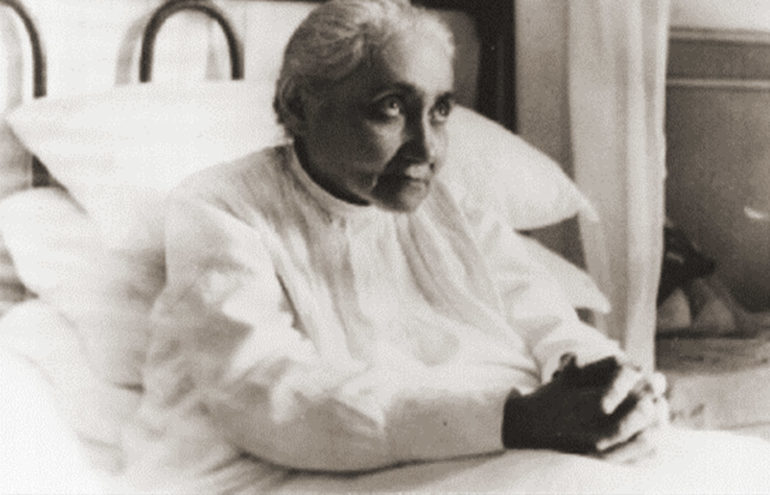





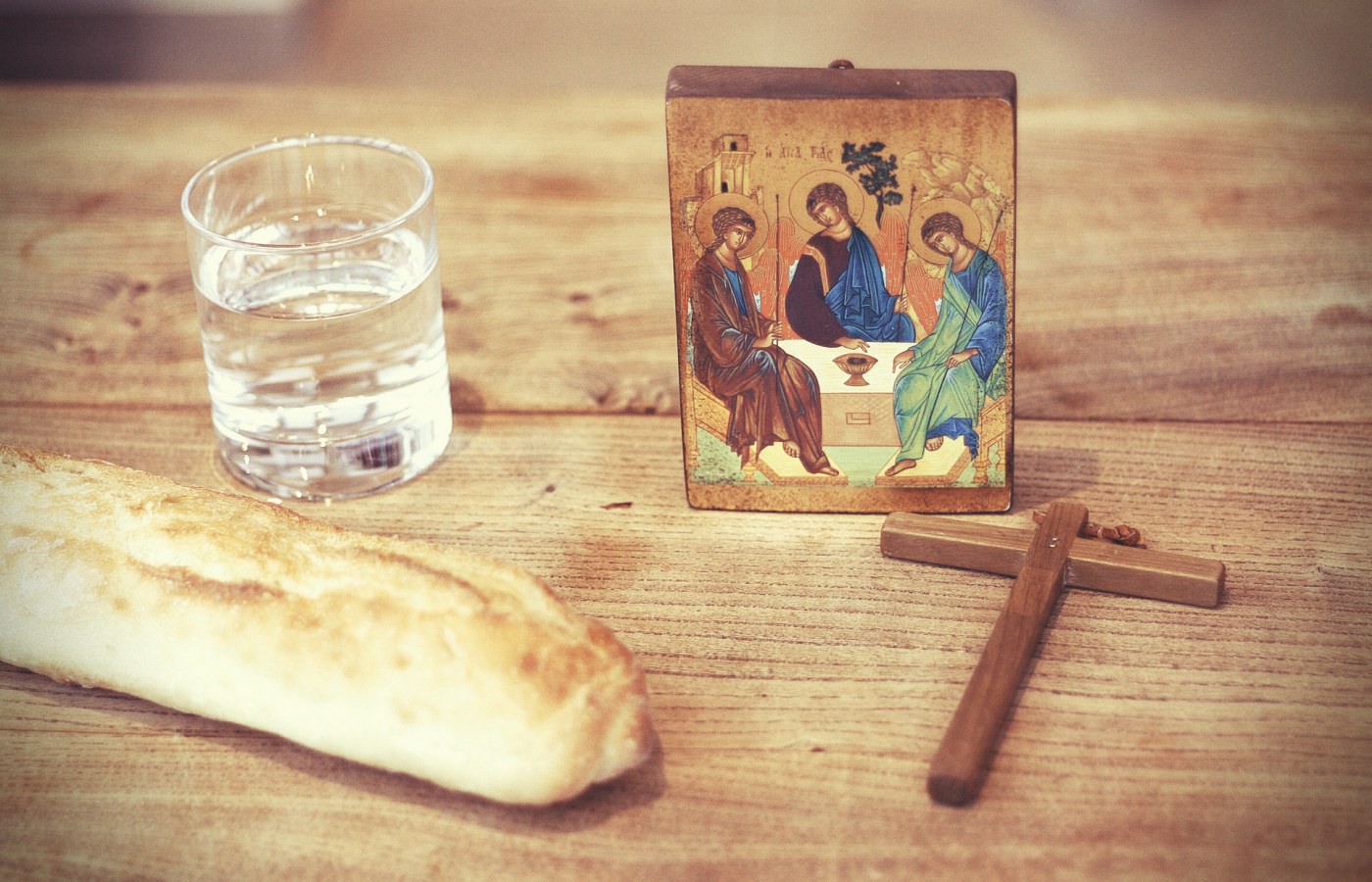

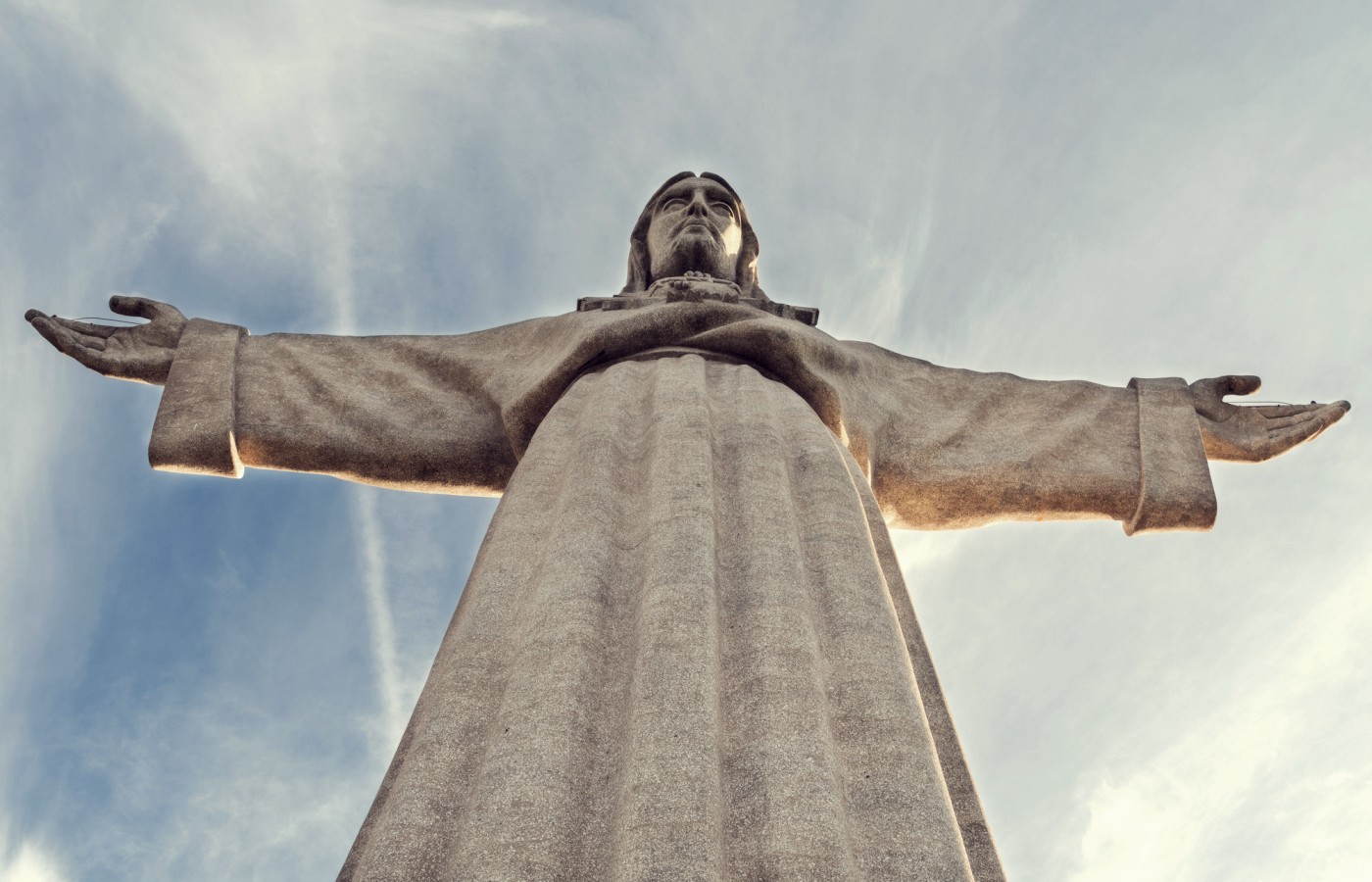




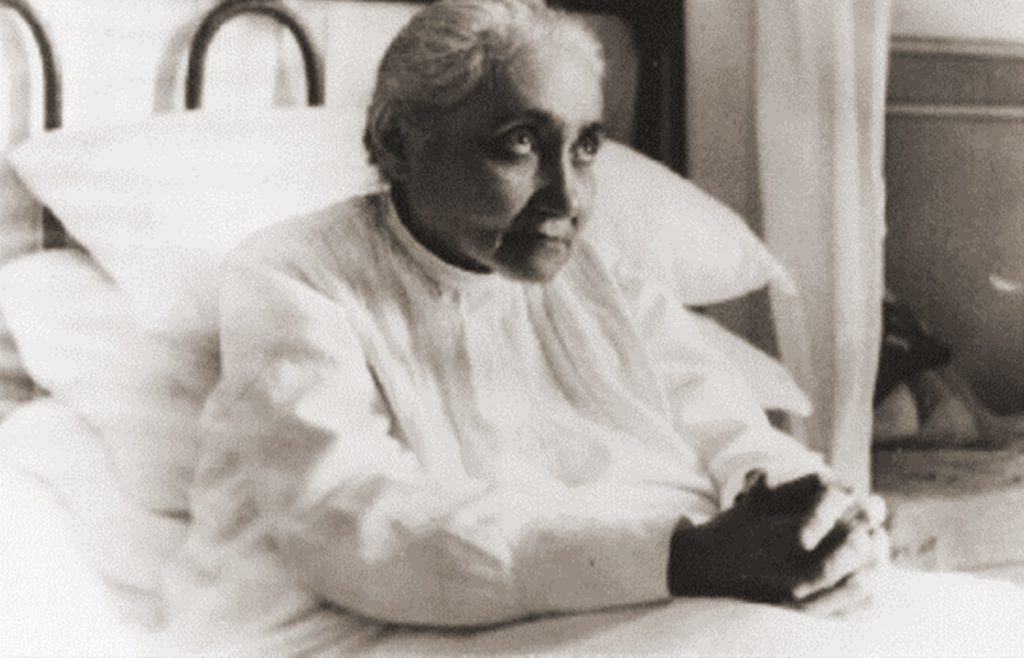
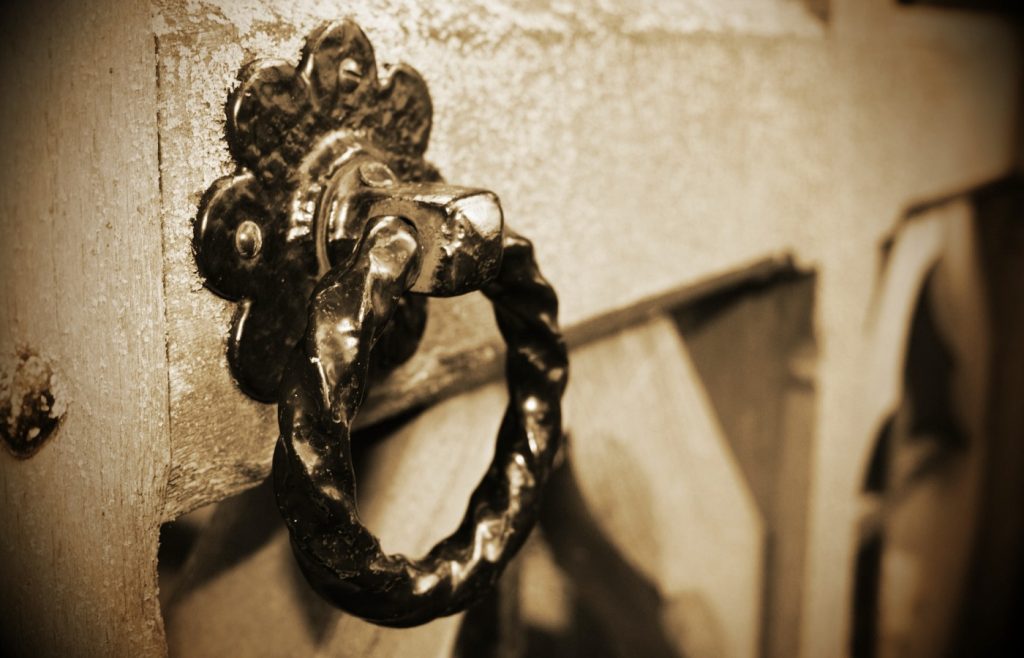

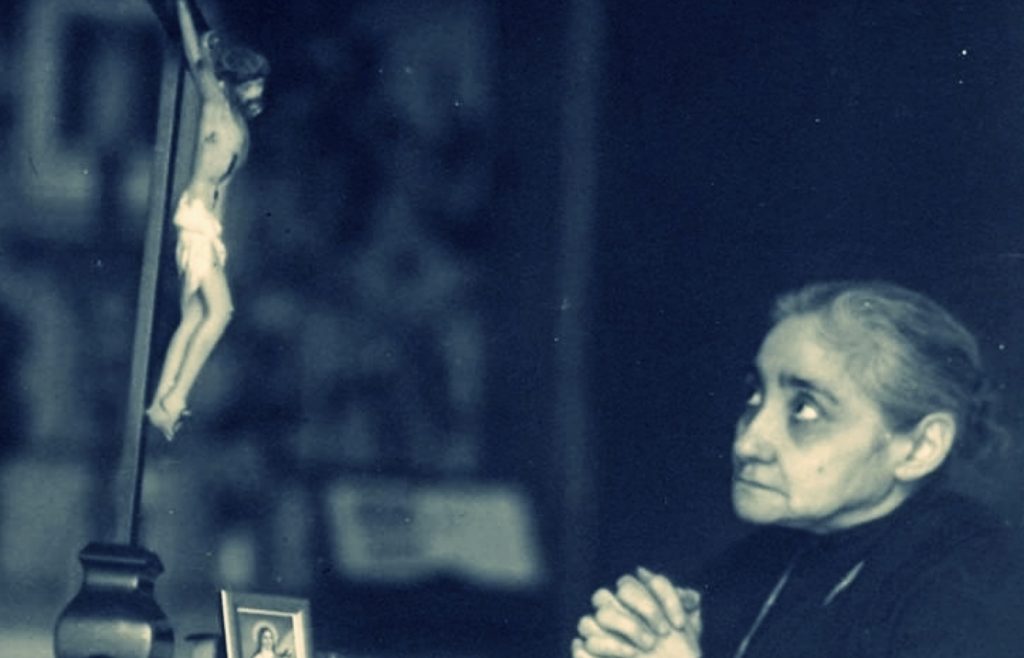










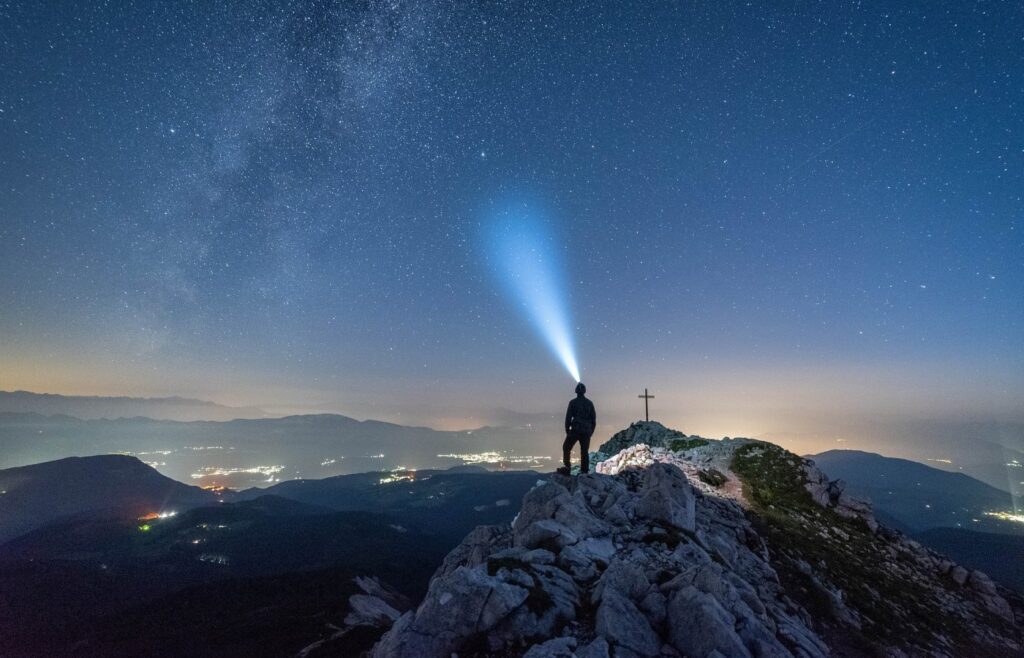


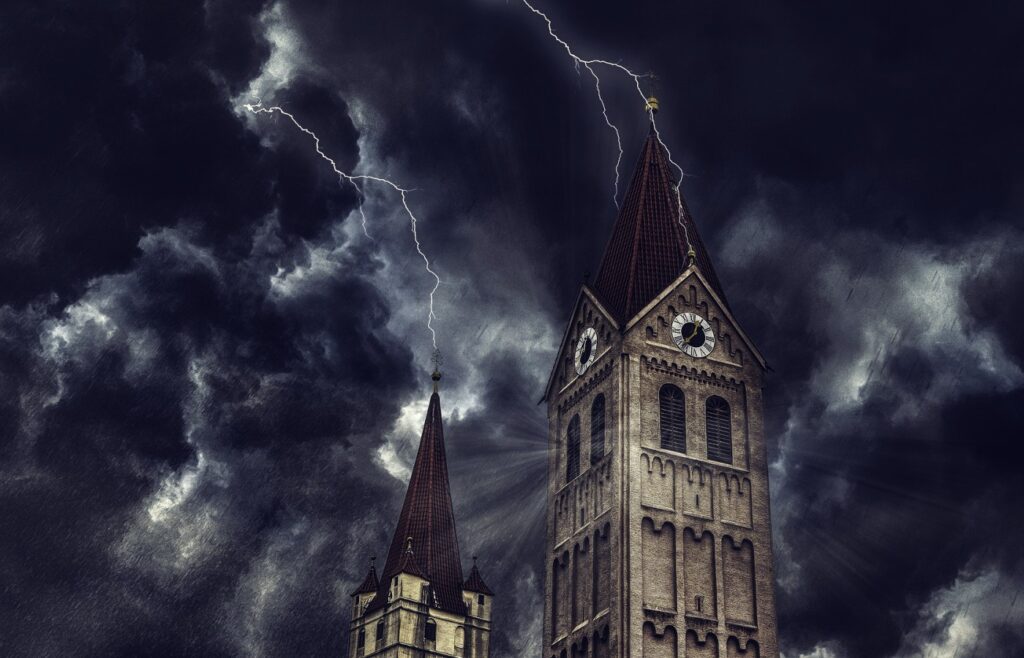




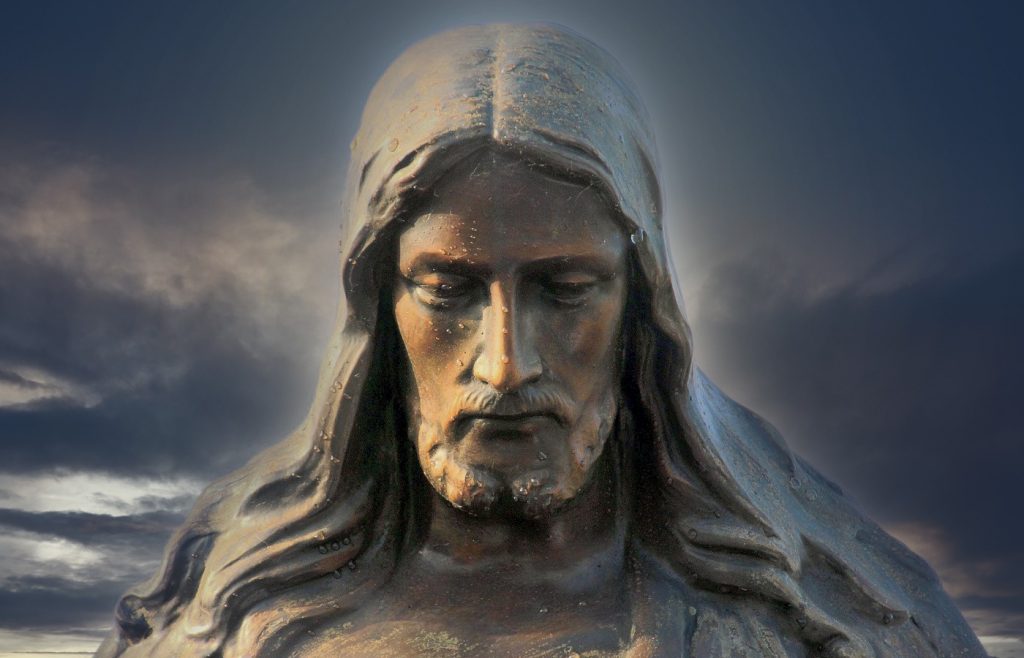





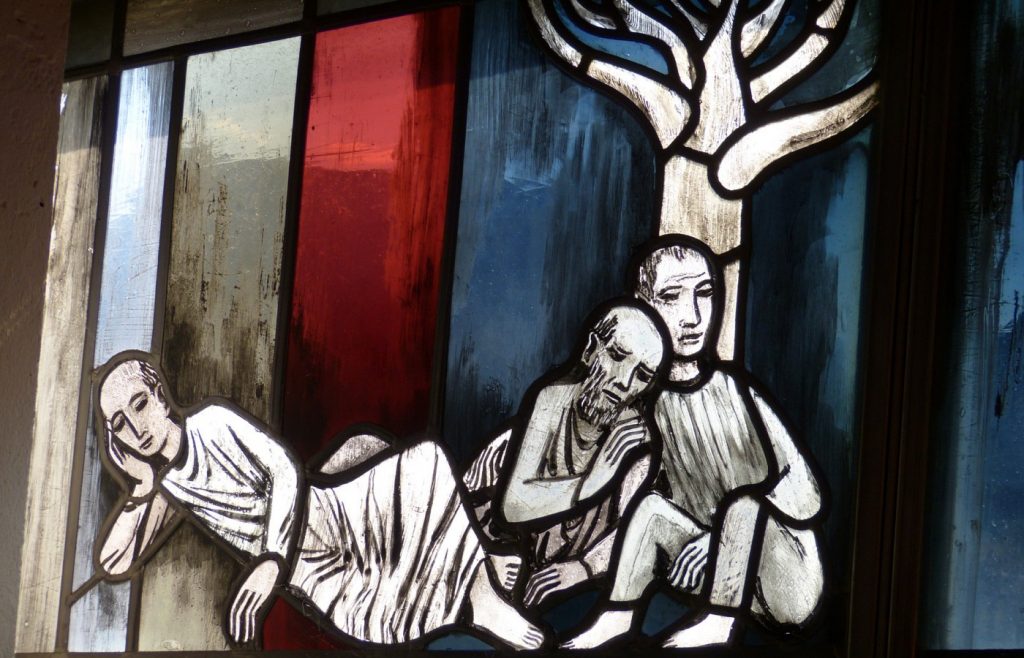


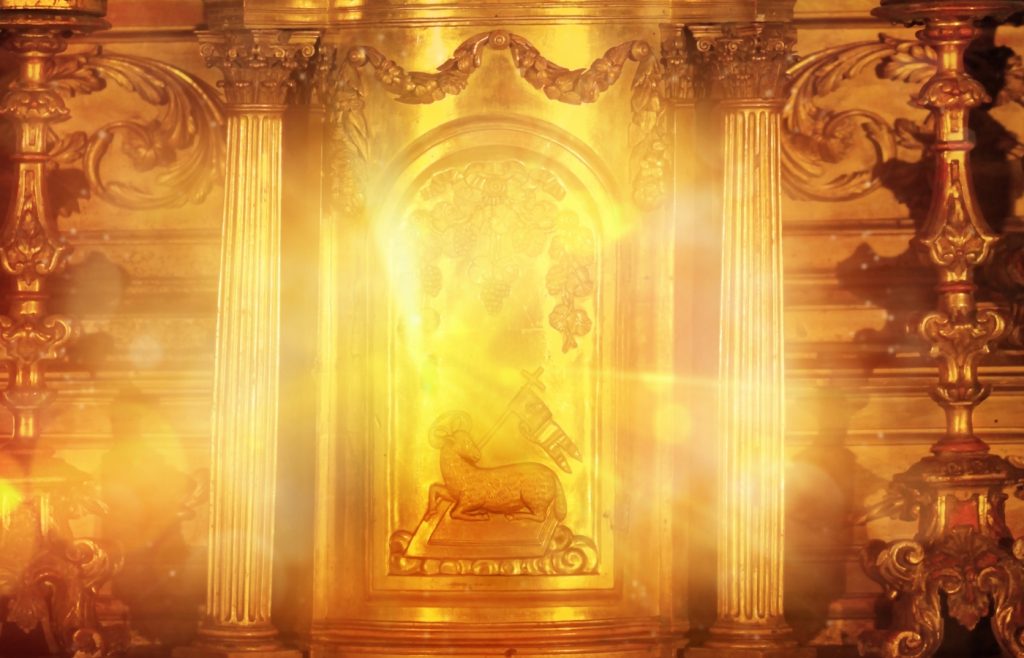
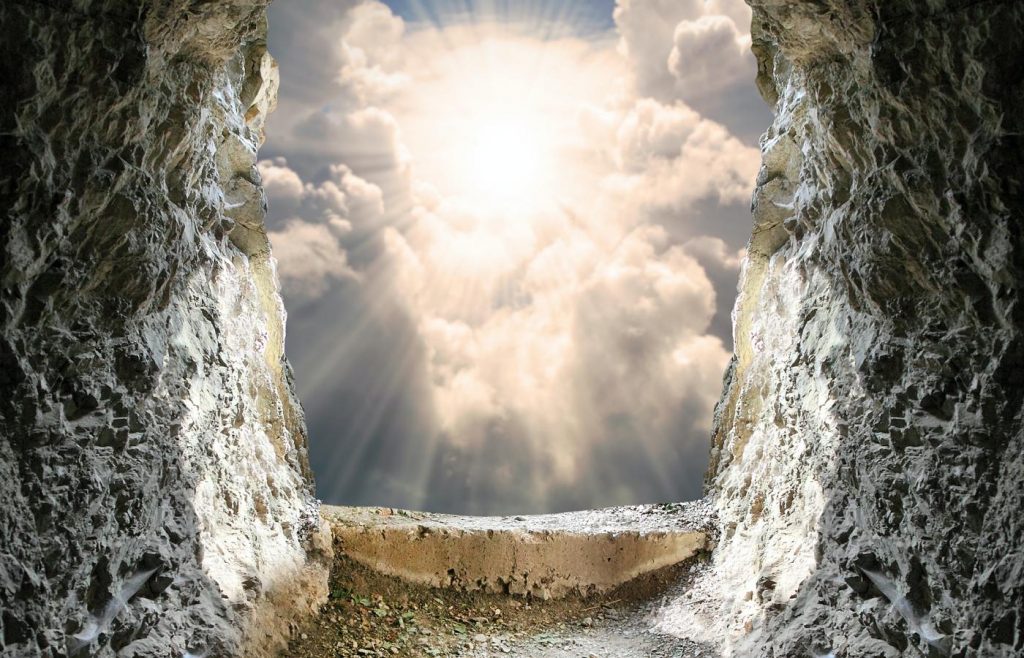





 Alicja Lenczewska
Alicja Lenczewska

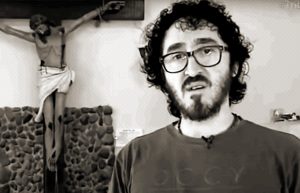
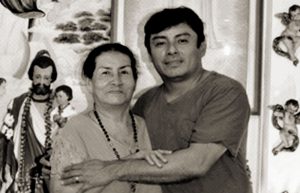
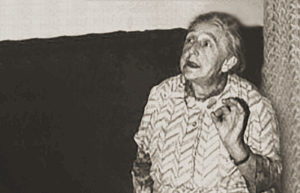 Elizabeth Kindelmann
Elizabeth Kindelmann Through what became The Spiritual Diary, Jesus and Mary taught Elizabeth, and they continue to instruct the faithful in the divine art of suffering for the salvation of souls. Tasks are assigned for each day of the week, which involve prayer, fasting, and night vigils, with beautiful promises attached to them, laced with special graces for priests and the souls in purgatory. In their messages, Jesus and Mary say that The Flame of Love of the Immaculate Heart of Mary is the greatest grace given to mankind since the Incarnation. And in the not-so-distant future, her flame will engulf the entire world.
Through what became The Spiritual Diary, Jesus and Mary taught Elizabeth, and they continue to instruct the faithful in the divine art of suffering for the salvation of souls. Tasks are assigned for each day of the week, which involve prayer, fasting, and night vigils, with beautiful promises attached to them, laced with special graces for priests and the souls in purgatory. In their messages, Jesus and Mary say that The Flame of Love of the Immaculate Heart of Mary is the greatest grace given to mankind since the Incarnation. And in the not-so-distant future, her flame will engulf the entire world.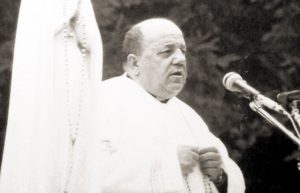 Father Stefano Gobbi
Father Stefano Gobbi Why Gisella Cardia?
Why Gisella Cardia? Thirdly, the messages have frequently been accompanied by visible phenomena, photographic evidence found in In Cammino con Maria, which cannot be the fruit of subjective imagination, notably the presence of the stigmata on Giselle’s body and and the appearance of crosses or religious texts in blood on Gisella’s arms. See the pictures taken from her apparition website
Thirdly, the messages have frequently been accompanied by visible phenomena, photographic evidence found in In Cammino con Maria, which cannot be the fruit of subjective imagination, notably the presence of the stigmata on Giselle’s body and and the appearance of crosses or religious texts in blood on Gisella’s arms. See the pictures taken from her apparition website 
 Jennifer
Jennifer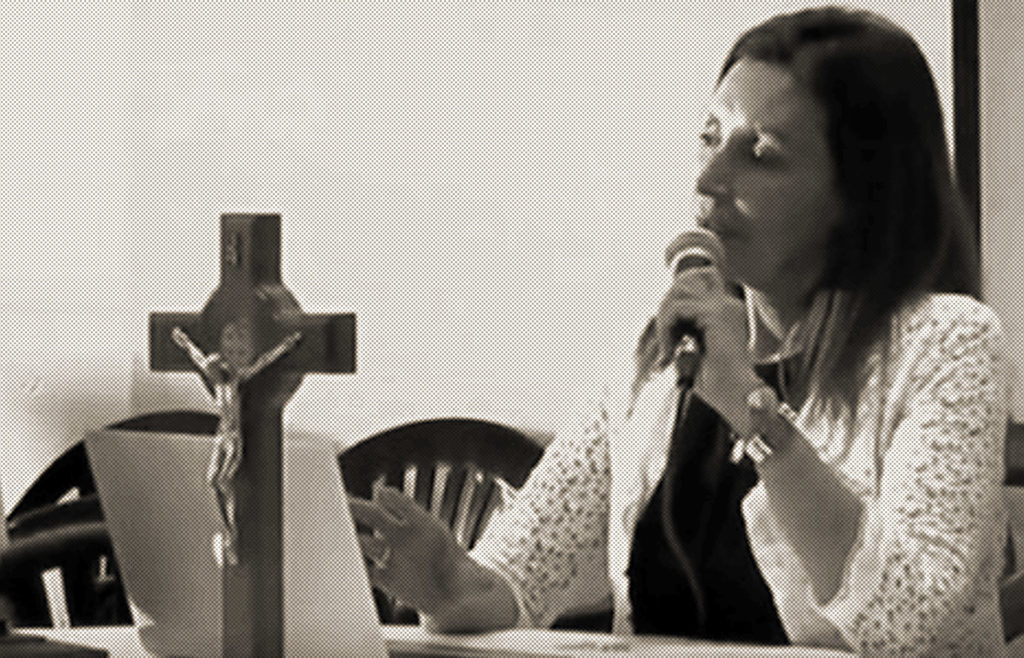
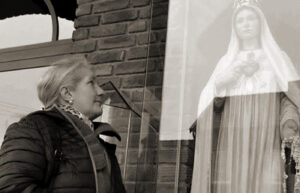 Why Manuela Strack?
Why Manuela Strack?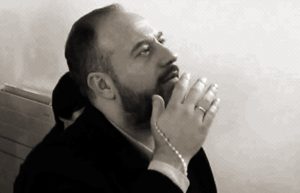

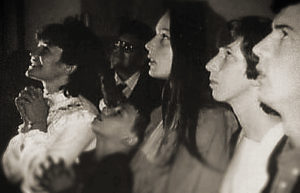 Why the Visionaries of Our Lady of Medjugorje?
Why the Visionaries of Our Lady of Medjugorje? Why Pedro Regis?
Why Pedro Regis?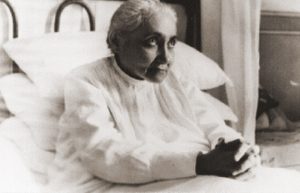 Why the Servant of God Luisa Piccarreta?
Why the Servant of God Luisa Piccarreta?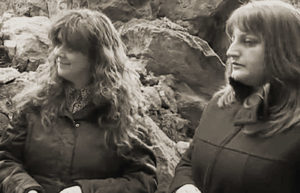 Why Simona and Angela?
Why Simona and Angela?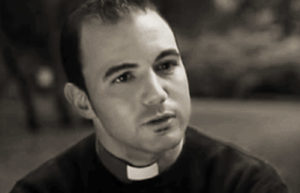
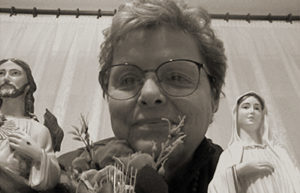 Valeria Copponi
Valeria Copponi